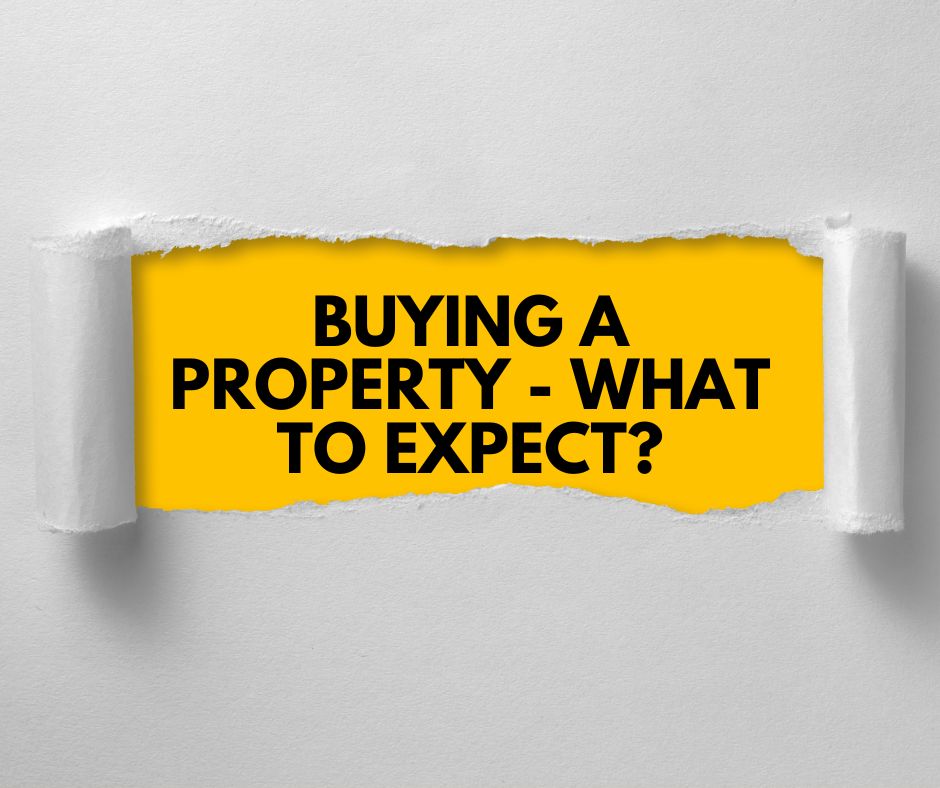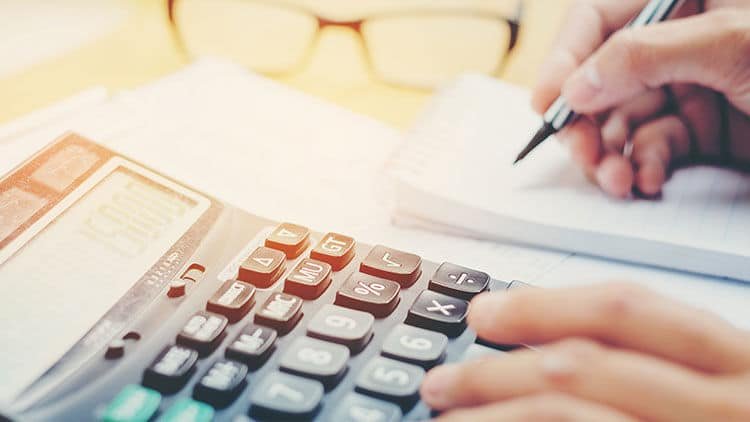1) FORMAL OFFER AND GOOD FAITH DEPOSIT
The first step when you find a property that you want to buy is formulating an offer in writing and putting down a good faith deposit. This deposit is held by the real estate agency and the amount varies depending on the property price as well as other factors, but is usually symbolic ( ex. I paid 6000€ deposit when making an offer for a property that cost 300 000€)
If your formal offer is accepted and signed by the Seller then the nest step is to sign a reservation agreement and the property is taken off the market or marked “reserved”. The reservation agreement will provide conditions and timelines for the next contract.
I always advise to use a solicitor/lawyer for the purchase ( although I have purchased and sold properties for over 5 years, I still always always use a lawyer when buying a property!). The lawyer usually charges a % ( typical 1%) from the total purchase price for their fees. I am happy to share recommendations for lawyers that speak your language if needed.
2) FORMAL OFFER AND PRIVATE PURCHASE CONTRACT (CONTRATO PRIVADO DE COMPRAVENTA)
This is an agreement between the Buyer and the Seller in which the Seller agrees to sell the property and the Buyer agrees to buy the property at the price agreed.
The Private Arras Contract (Contrato privado de arras) will contain all the relevant details such as a description of the property, the purchase price, the payment structure and the completion date. When the “reservation contract” is more of a formality and often doesn’t even oblige neither party for anything, then this is a contract what you should pay already close attention too and a lawyers experience is required!
At this stage the Buyer will be expected to make a down payment, which is normally paid to the Seller’s bank account and is usually 10% of the agreed purchase price.
Within the Private Arras Contract there is usually a clause stating that should the Seller decide to withdraw from the sale the Buyer is entitled to receive double the down payment as compensation and should the Buyer decide to withdraw from the sale the down payment amount is lost.
Prior to entering the contract, due diligence checks will be carried out regarding legal and technical details for the specific property. The due diligence checks are done by your lawyer and will include aspects such as id the property legal, are there any issues within the community, is there any debt on the property, are there any limitations for renting the property out ( it happens that some urbanization do not allow for example short term rent and if you are buying an investment property then of course it is an important aspect on your decision making!).
3) COMPLETION OF THE PUBLIC DEED OF CONVEYANCE (ESCRITURA DE COMPRAVENTA)
On the completion date the balance of the purchase price (sales price minus any amounts paid to date) must be paid.
The Seller and Buyer then sign the Public Deed of Conveyance (Escritura de compraventa), which is equivalent to the title deeds of the property.
The Buyer is then issued with the Public Deed of Conveyance in front of a Notary Public, who certifies the property transfer, and a copy of the Public Deed of Conveyance will be passed to the Spanish Tax Office and on to the Property Registry.
The Notary Public in Spain is a public official who is required to witness the deed of sale. However, an expert and independent legal advisor should be used to protect your own interests.
WHAT ARE THE COSTS INVOLVED ON PURCHASE?
1. WHEN BUYING A NEW BUILD PROPERTY FROM A DEVELOPER
VAT (IVA, Impuesto sobre Valor Añadido) and Stamp Duty (AJD, Actos Jurídicos Documentados) apply.
VAT and Stamp Duty are applicable for residential properties that have never previously been occupied and building plots of land. VAT is a national tax that does not vary depending on the property’s location (with the exception of the Canary Islands). At present VAT is 10% of the purchase price for new residential properties (villas, apartments etc) and 21% for building plots of land. Stamp Duty is a percentage of the purchase price. This varies depending on the autonomous region where you buy, between 0.5% and 1.5% .
2. WHEN BUYING A RESALE PROPERTY FROM A PRIVATE INDIVIDUAL
Transfer Tax (ITP, Impuesto sobre Transmisiones Patrimoniales) applies. This tax applies if it is a resale property that has been used before. The general ITP rate varies from region to region, between 6% and 11% , since 2020 autumn it was currently standing at 7% for the properties in Marbella. Important to note that thet ITP can be very different and lower ( around 2%) if purchasing an apartment as self employed (autonomo) or as company ( foreign or Spanish) – but as with anything in Spain, is not as straight forward. You might save on ITP costs but there are then other costs involved when purchasing not as private individual. That’s already a material for another resources post in the future!
3. SOLICITOR’S FEES
It is not obligatory by law to seek legal assistance for a property purchase but it is strongly recommended to do so. The fees can vary due to the amount of work required by the solicitor but as stated before is typically 1% from the property purchase price.
4. NOTARY PUBLIC’S FEES AND LAND REGISTRY FEES
The fees vary depending on the purchase price and complexity of the deed. You can use BBVA mortgage calculator and enter the minimum amount of mortgage and rest of property details to see an estimated breakdown of the property purchase costs here on this link
https://www.bbva.es/en/personas/productos/hipotecas/simulador-hipotecas.html
I have used it previously and it gives a pretty good estimate and breakdown and is also available in English!
WHAT ARE THE TYPICAL PROPERTY RUNNING COSTS AFTER PURCHASE ?
In order to evaluate if the property is a good investment you need to run your numbers, right? So it is important to consider different type of running costs the property might have.
One of the important ones is the community fees: these can greatly vary depending on the urbanization but can make up a considerably cost in the long run. The community fees are typically paid each quarter so important to specify the amount told you by the agent is quoted per month or per quarter. I have a small 1 bedroom property close to the beach in Elviria where the community fee per month is 280€ and I have a huge 2 bedroom that is less than 300 meters away and it i costing me 150€ per month..and then I previously owned a property where the 2 bedroom monthly community fee was 480€- So you can see it can greatly depend on the community and of course on what the community has to offer ( how many pools, does it have 24 security, is it a gated community, does it have on side padel or tennis courts that need maintenance etc.)
IBI tax on immovable real estate assets (Impuesto Sobre Bienes Inmuebles): Regardless of whether you’re registered as a Spanish resident or not, you have to pay this property tax just like everybody else. It is worked out based on the regional cadastral value, a percentage of the land value that is normally below market values. In practice, this means paying anywhere between 400 and 1000 euro each year for the properties that I own which are typically 1-2 bedroom properties in Elviria, Marbella.
Other communal expenses: As well as the comunidad, there are other services which are covered by the local authority and not by the building or estate you live in, such as rubbish collection (basura tax), so you have to pay a sort of council tax for the privilege. This varies depending on the province you live in.
And of course home insurance ( which is somehow way more expensive in Spain than I was used to it in Estonia!), electricity costs, water ( cheap and usually paid every 2 months – if your lucky in some community the water cost is included in the community fees!) and internet which is from anything between 19-39€ per month.
Hope that gives you an idea of what to expect!



